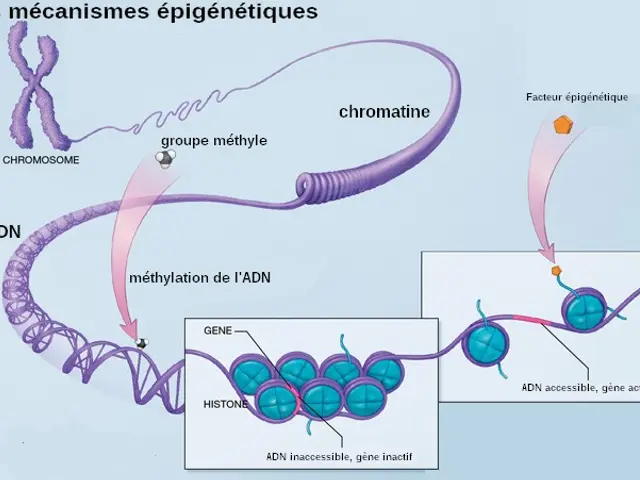Research within the Artificial Intelligence and Robotics Department at the University of Lagos
In the bustling city of Lagos, a research lab named AIRLAB is making waves in the realm of artificial intelligence (AI) and robotics. Established with a grant from the International Development Research Centre (IDRC), AIRLAB has been a beacon of innovation since its inception.
Based at the University of Lagos, AIRLAB has been the home to numerous groundbreaking projects. Dr. Chika Yinka-Banjo, an AI and robotics researcher who oversees the lab since 2018, has been instrumental in driving these advancements. The lab's research, focusing on AI applications in agriculture and healthcare, has primarily been sponsored by foreign countries.
In July 2022, AIRLAB hosted the Lagos-based version of NaijaCoder, an intensive training program for secondary school students, with funding from MIT. This initiative aimed to nurture the next generation of AI talents in Nigeria.
The lab's impact extends beyond its walls. AIRLAB supports younger undergraduate students looking to build personal projects in the field of AI & Robotics. Owolala Olaoluwasubomi, a fourth-year mechanical engineering student at UNILAG, joined AIRLAB as an intern in April. His goal is to build a robotic arm that can be operated remotely during his six-month tenure.
The research conducted at AIRLAB can significantly impact the broader AI ecosystem. One such project is the "AI for Education" initiative, led by Dr. Deji Ajani, Director of Strategic Partnerships and Innovation at GMind AI. This team focuses on embedding AI into teacher professional development to improve learning outcomes in Nigerian classrooms.
Mariam Muhammed, a Ph.D. candidate at AIRLAB for the AI for Education project, brings a wealth of experience to the table. Before joining AIRLAB, she worked in the industry, developing software for foreign startups building AI-supported personalized learning solutions. Muhammed completed her master's in computer science at the University of Lagos in 2024.
Egypt and South Africa have also invested in AI research, resulting in increased AI publications and top-ranked universities. Nigerian researchers, like Dr. Yinka-Banjo, are struggling to secure government support for AI research projects. Dr. Yinka Banjo hopes to focus more on applied research work to build solutions for Nigeria and the broader African continent, but funding is scarce.
In Q2 2025, the lab received funding from the IDRC and UK Foreign, Commonwealth, and Development Office to establish a new research initiative focused on AI for education. This development is a testament to AIRLAB's commitment to driving AI research and education in Nigeria.
Moreover, AIRLAB organizes free summer programs for teenagers to develop key skills needed to explore robotics and AI applications. The lab has also sponsored students to national and international robotics competitions, such as the First Tech Challenge, and won some awards.
The increasing applications from Nigerian students to study in Canada, which saw a 260% increase from 2021 to 2023, is a clear indication of the impact AIRLAB is having on fostering interest in AI and robotics among Nigerian youth. As AIRLAB continues to grow and innovate, it is poised to play a pivotal role in shaping Nigeria's AI landscape.
Read also:
- Peptide YY (PYY): Exploring its Role in Appetite Suppression, Intestinal Health, and Cognitive Links
- Toddler Health: Rotavirus Signs, Origins, and Potential Complications
- Digestive issues and heart discomfort: Root causes and associated health conditions
- House Infernos: Deadly Hazards Surpassing the Flames







